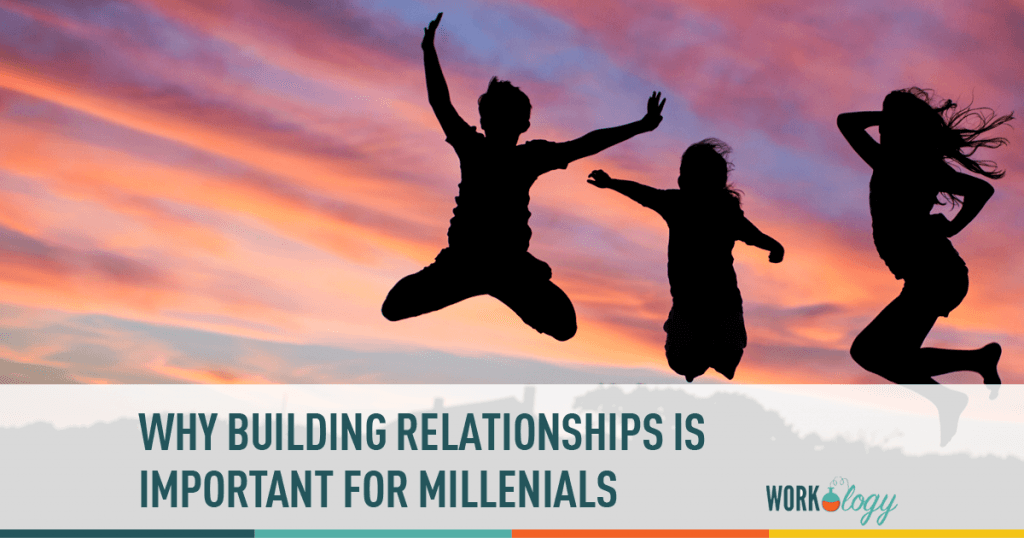Being aware of the demographic transition in the workforce as an HR executive is essential to enhancing our organizations. With more than 80 million Millennials getting ready to start working, we are in a rare position to not only watch this generation become a vital part of our economy, but also to assist them in reaching their full professional potential.
Trying to educate oneself by wading through the numerous articles and studies regarding this highly fussed over demographic feels like an extensive and sometimes futile task. With articles ranging from the sensational “Millennials Are Selfish and Entitled, and Helicopter Parents Are to Blame” to the counter-sensational “Why Millennials Aren’t Lazy, Spoiled or Entitled…” to the vaguely complimentary “Why Millennials Are So Individualistic” it is hard to discern valuable information from speculation and anecdote. And – even when you do find some concrete data (this report submitted by the White House’s Council of Economic Advisors is a good example) – it might not be enough to make the best hiring decisions for your organization.
An Individual Among Individuals
To avoid the pitfalls of painting this group with too broad a brush, it is important to understand and clarify two points.
Generation-specific indicators are based on the current state of the economy and social environment.
The persons you interact with – regardless of generation – could deviate greatly from the mean reported in industry-wide studies depending on where your organization conducts business.
The typical Millennial is a product of both their immediate environment and a more significant national shift in societal identity. Local economy, neighbors, and family all have an impact. When attempting to advance the interests of an employee and your business, it may be detrimental to presume that an existing or prospective employee of a specific age would fall into a broad category based on national studies.
Beyond straightforward age-based assumptions, it can occasionally be tempting to leverage a known aspect like the local economy when working with your staff, but be cautious. Each employee has the potential to display their own personality in ways that defy conventional expectations, even if the local region from which your company recruits its employees appears to fit perfectly with the generally assumed socio-economics of Millennials. Sometimes, people are just special.
Depending on the industry in which you work, potential/existing employees may not conform to generation specific indicators as readily.
Although the Millennial generation has been extensively discussed in relation to their status as digital natives and how they interact with technology, not all of them will pursue (or have an interest in) technology-focused industries. As technologically advanced as healthcare may be, Millennials applying for jobs within our organization may have a variety of professional interests that use technology in various ways.
Cutting edge technology may be enough for some people to pursue specific jobs, whilst others may be more interested in team leadership or customer interaction. Others desire both. Our responsibility is to make sure the ideal candidate for a position discovers it.
What To Do: Building Relationships
Knowing the demographics of the individual across the table can be helpful when actively managing/developing current employee performance, recruiting, or conducting interviews. Unfortunately, using the same knowledge to oversimplify our choices and speed up the recruiting process is not always a good idea. As we attempt to establish connections and comprehend those who are interested in working with our organizations on an individual basis, we must be cautious not to allow broad generalizations to impair our judgment.
We can endeavor to understand our employees by implementing personality tests, management feedback, self-surveys, and strong onboarding practices. Then, if the situation warrants it, we can resort to generation-specific indications to assist guide our actions as needed.
As an HR leader, I know you will be able to discover the ideal time to apply them (or set them aside) to do what is best. Sometimes the generational indications will be a perfect match, and sometimes they won’t.










One Comment
Hi..I know building relationship is really importat but it the only thing where I lack not with clients but audience on social media platforms like facebook. I don’t get lot of time to interact with my followers any help pls
Comments are closed.